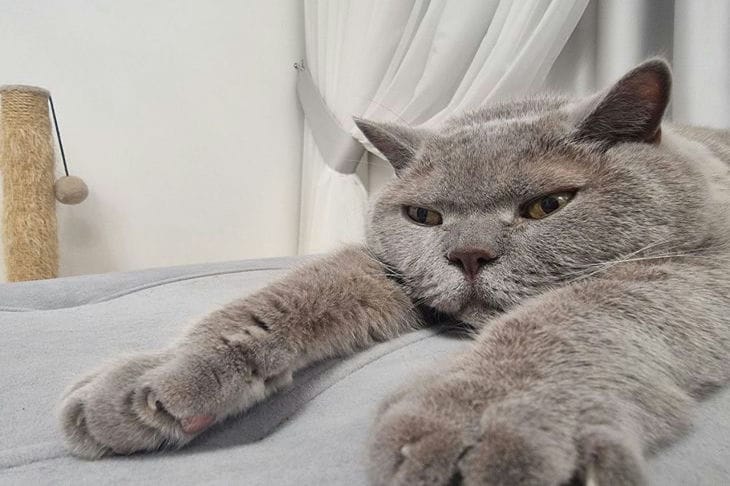Can You Give Your Cat Dog Food: Unexpected Consequences of Cat Appetite
The question of whether it is possible to feed cats dog food is often raised by pet owners.
This topic is especially relevant when both cats and dogs live in the house.
However, not everyone knows that the diet of these pets differs significantly, and replacing one food with another can have serious consequences.
Differences in nutritional needs
Cats and dogs, despite the fact that both species are carnivores, have different nutritional needs.
Cats are obligate carnivores, meaning they are completely dependent on animal protein. Dogs are omnivores and can digest a wider range of foods.

The main difference is cats' need for taurine, an amino acid that their bodies cannot synthesize on their own.
Taurine is essential for the normal functioning of the heart, vision and reproductive system of cats.
Dog food contains significantly less or no taurine, as dogs can produce it themselves.
Protein composition
Cats require more protein than dogs. Cat food typically contains 30-35% protein, while dog food contains about 18-25%.
Not getting enough protein in your cat's diet can lead to health problems, including muscle wasting and a weakened immune system.
Fats and fatty acids
Cats also need more fat, especially arachidonic acid, which their bodies cannot synthesize.
This acid is important for maintaining healthy skin, coat, and reproductive system. Dog food usually does not contain enough of these components.
Vitamins and minerals
The content of vitamins A and D in cat food is significantly higher than in dog food. Cats cannot effectively convert beta-carotene into vitamin A, so they need its ready-made form. Dogs are able to perform this conversion.
Consequences of feeding cats dog food
Regular consumption of dog food can lead to serious health problems for cats. A lack of taurine can cause retinal degeneration and cardiomyopathy. A deficiency of protein and fats can lead to weakened immunity, skin and coat problems.
Long-term feeding of inappropriate food can cause digestive system disorders, including stomach and intestinal disorders. In addition, unbalanced nutrition can lead to obesity or, conversely, exhaustion.
What to do in an emergency
If you run out of cat food and only have dog food, you can give it to your cat as an exception once or twice. However, this should not become a regular practice. In such a situation, it is better to prepare a temporary replacement from available products, such as boiled meat or fish.
The importance of proper nutrition
Proper nutrition is the key to the health and longevity of pets. The choice of food should be based on the species characteristics of the animal, its age, health and activity level. Consultation with a veterinarian will help you choose the optimal diet for a specific pet.
Owners of several animals of different species should be especially careful not to mix up their food. It is best to store food in different places and use separate feeding dishes to avoid accidentally eating the wrong food.
